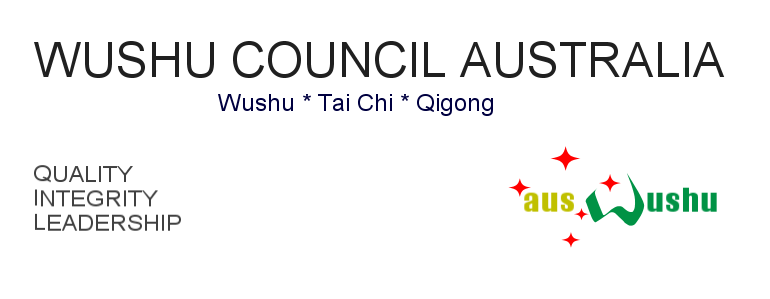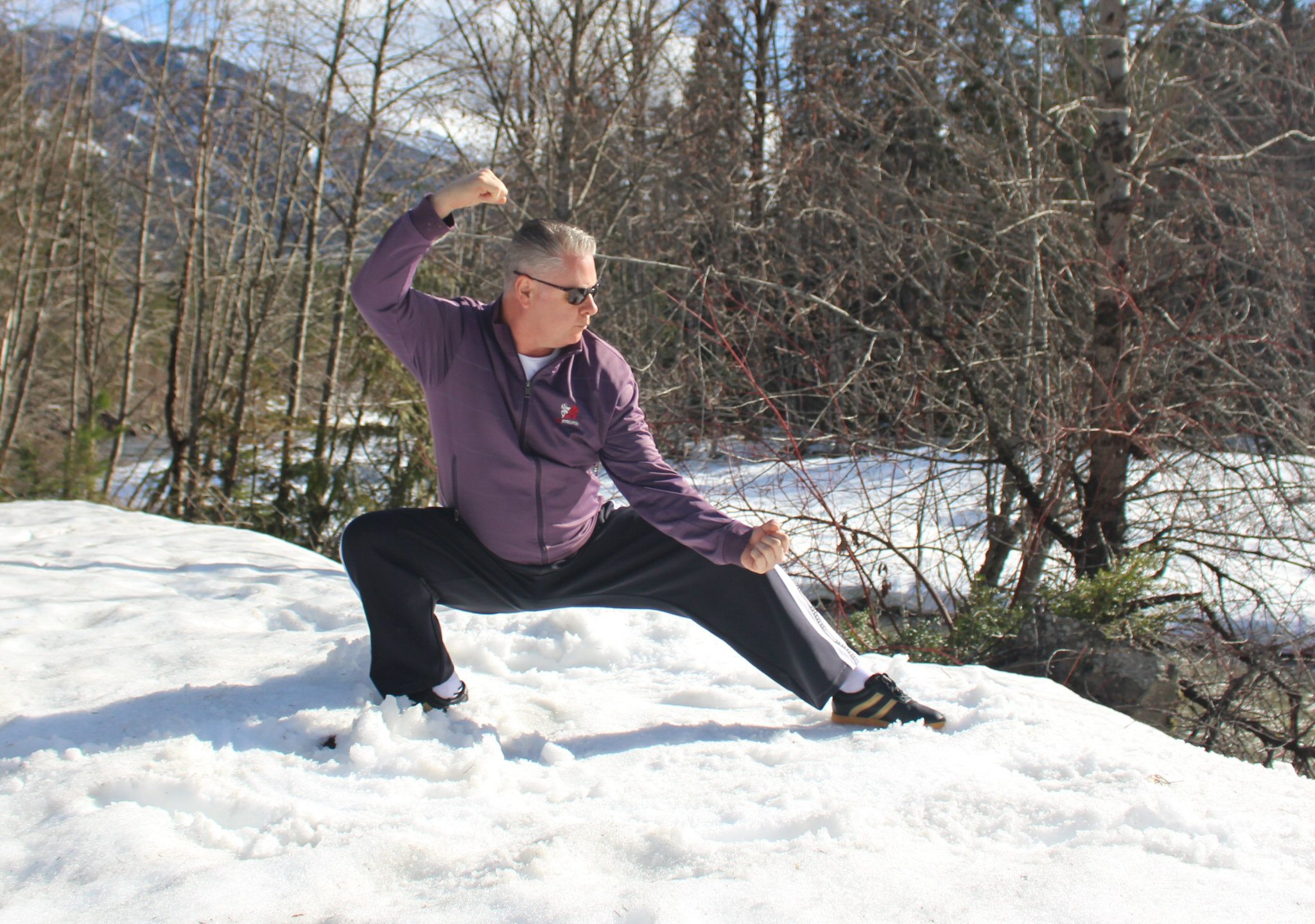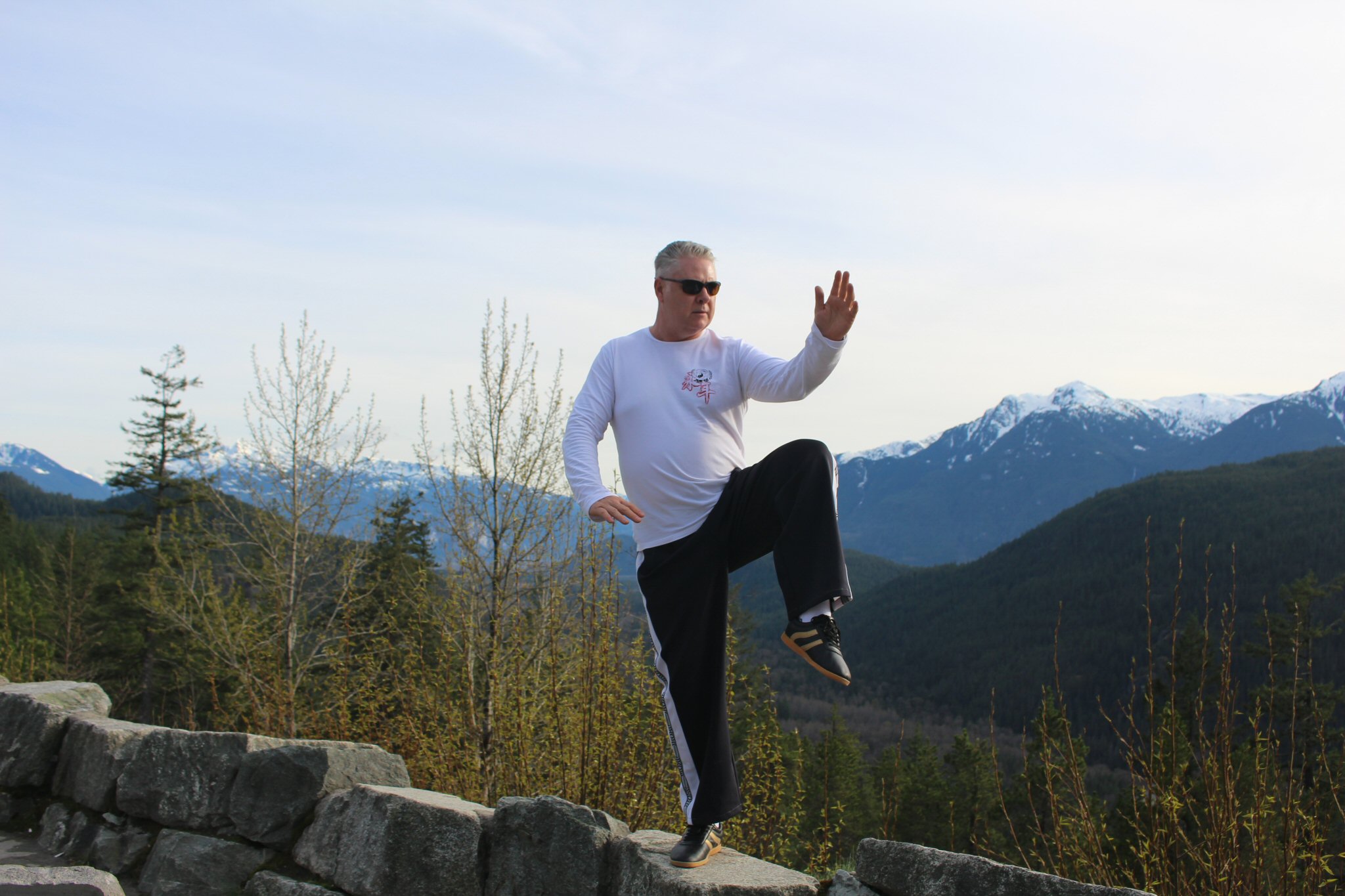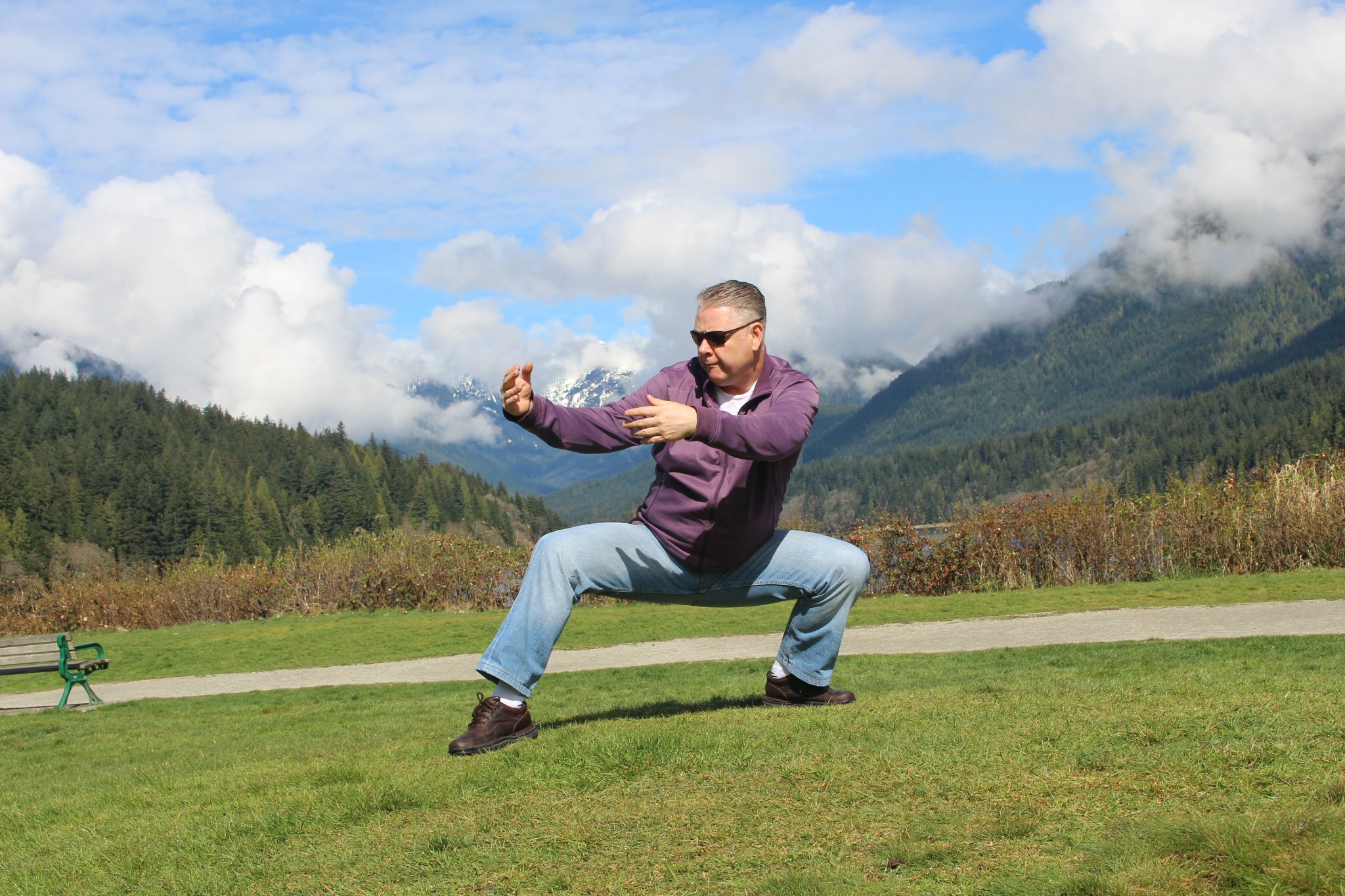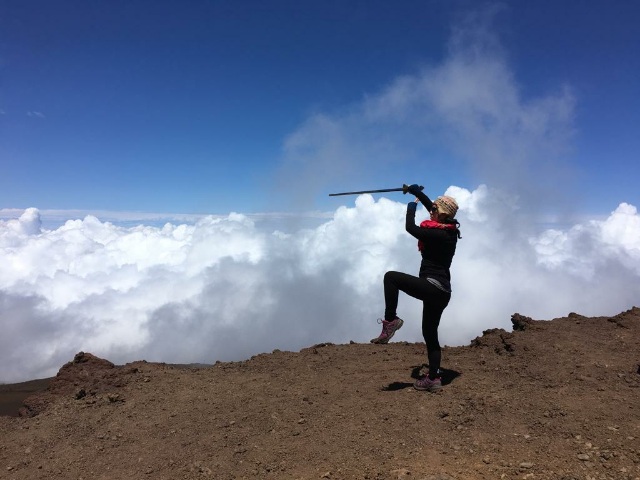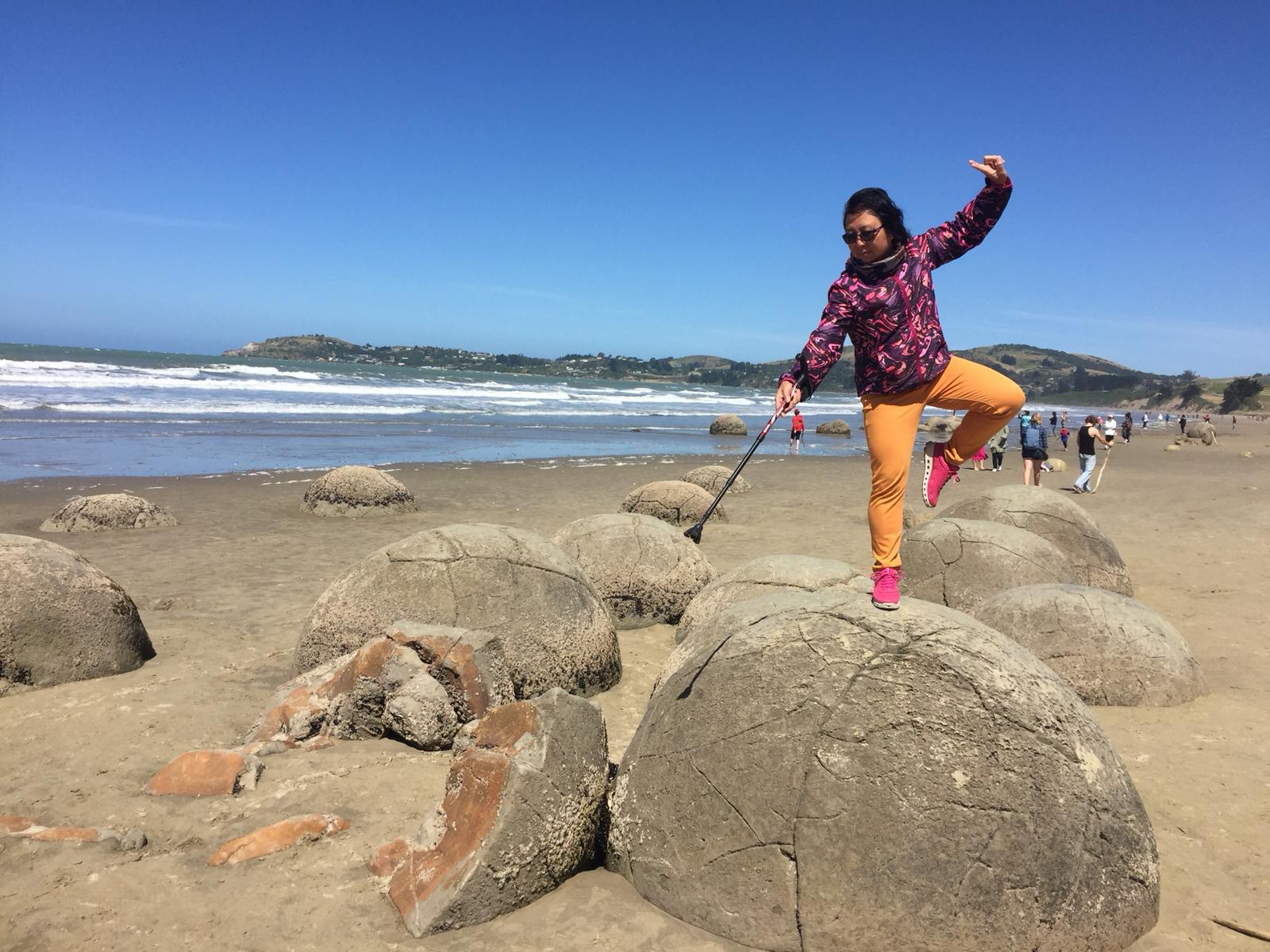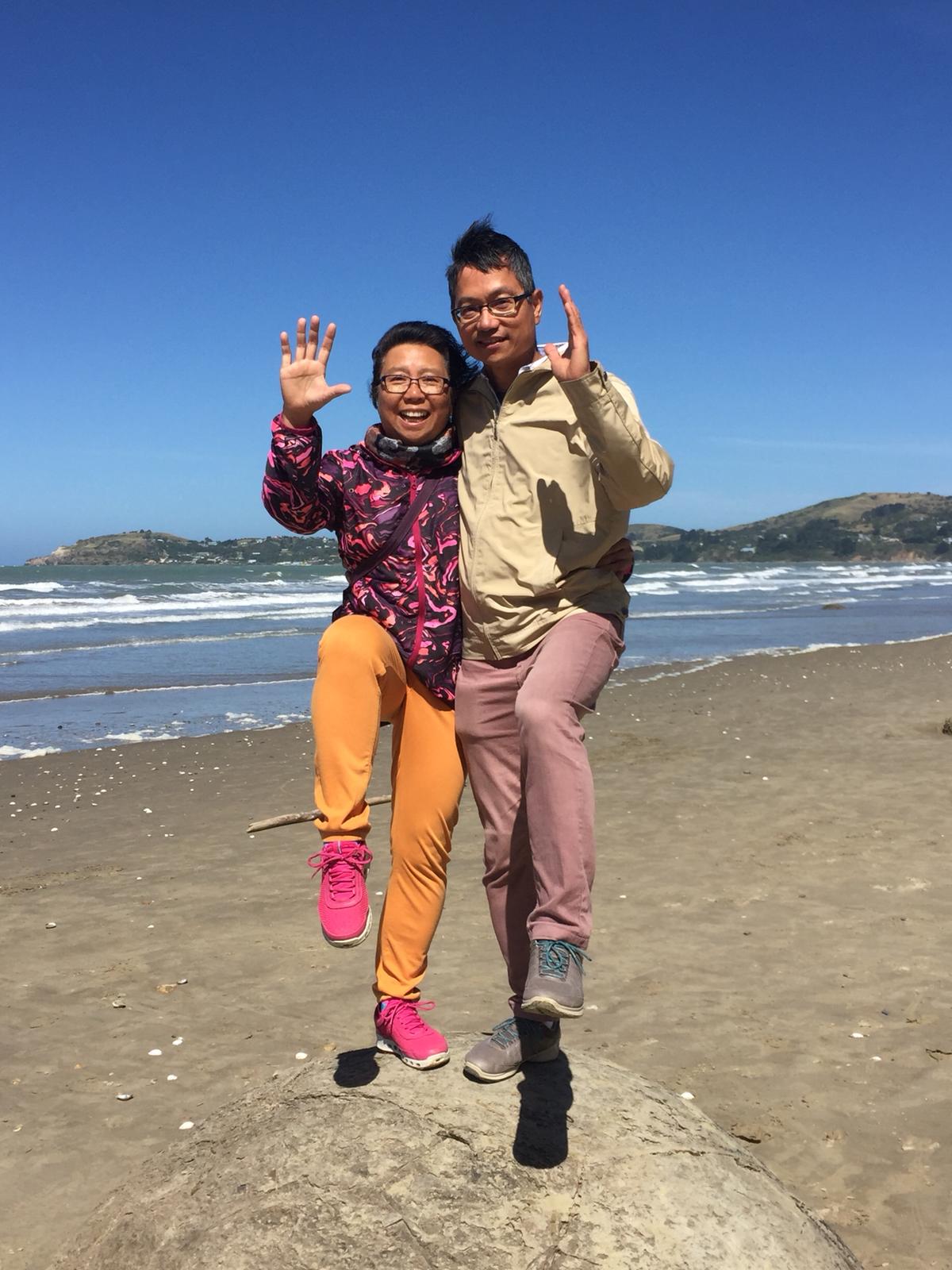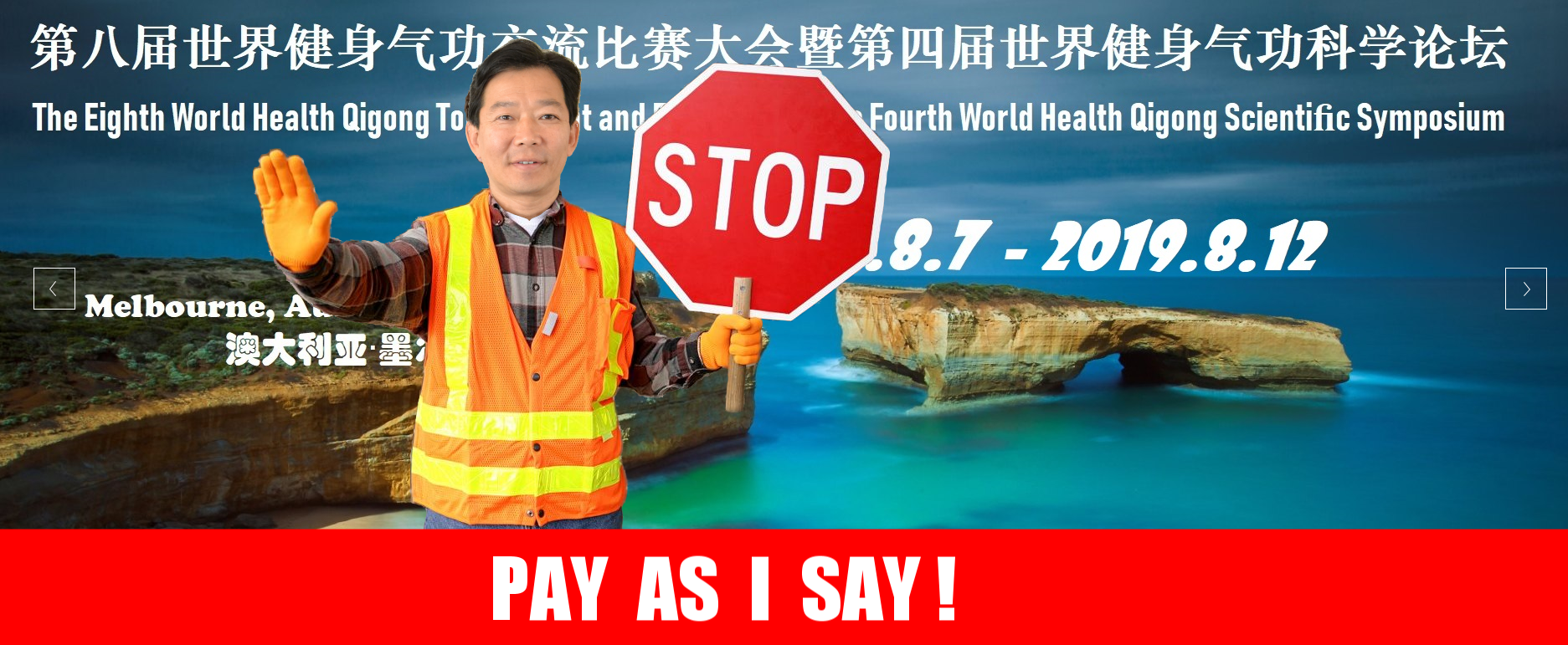
Wushu & Tai Chi NSW supports the global movement of Health Qigong as a holistic system of coordinated body posture and movement, breathing, and meditation used for the purposes of health, spirituality, and martial arts training.
Wushu & Tai Chi NSW recognises International Health Qigong Federation (IHQF) as an international body coordinating the development of Health Qigong world-wide according to the directions from the leading experts in the area.
For a long time, Wushu & Tai Chi NSW has maintained friendly relationships with Tai Chi Australia Pty Ltd which is based in Melbourne and, as a member organisation of IHQF, has the exclusive right for dissemination of all essential resources provided by the IHQF to all Health Qigong practitioners in Australia.
Currently, the IHQF is organising the 8th World Health Qigong Tournament and Exchange and 4th World Health Qigong Scientific Symposium in Melbourne “to provide a platform for international Health Qigong exchanges and friendly communications in order to promote and strengthen the rapid development of Health Qigong world-wide in a positive and healthy way”.
Tai Chi Australia Pty Ltd was appointed as a host to this event and it was perceived as a unique opportunity for all Australian Qigong practitioners to update their skills and confirm their qualifications on the international level locally, not being forced to travel to China to do so.
Quite a few Wushu & Tai Chi NSW’s members are keen to attend the event in Melbourne. However, they are required, along with paying the reasonable fees, applicable to all participants, to book the mystery “compulsory accommodation” organised by Tai Chi Australia Pty Ltd in 3 and 4-star hotels around the event’s venue (so far undisclosed). This requirement, claimed to be originated from the decision of the Second Executive Board of the IHQF and allegedly aimed “to ensure the safety and security of the participants of the 8th World Health Qigong Tournament & Exchange and the 4th World Health Qigong Scientific Symposium and improve the efficiency of work relating to the event”, does not apply to Melbourne residents (who, apparently, are able to take care of their own safety and security) which specifically disadvantages Sydney delegates. Numerous attempts were made by the Wushu & Tai Chi NSW to negotiate with Tai Chi Australia and convince it to lift this requirement, but they were unsuccessful so far.
Resolution:
Wushu & Tai Chi NSW does not support unfair and discriminatory practices employed by Tai Chi Australia Pty Ltd that are prohibited by the Australian Consumer Law and therefore will not offer any financial and/or organisational assistance to its individual members who, nevertheless, may wish to exercise their freedom of choice and attend the event by paying the exorbitant accommodation fees imposed on them by Tai Chi Australia Pty Ltd.

